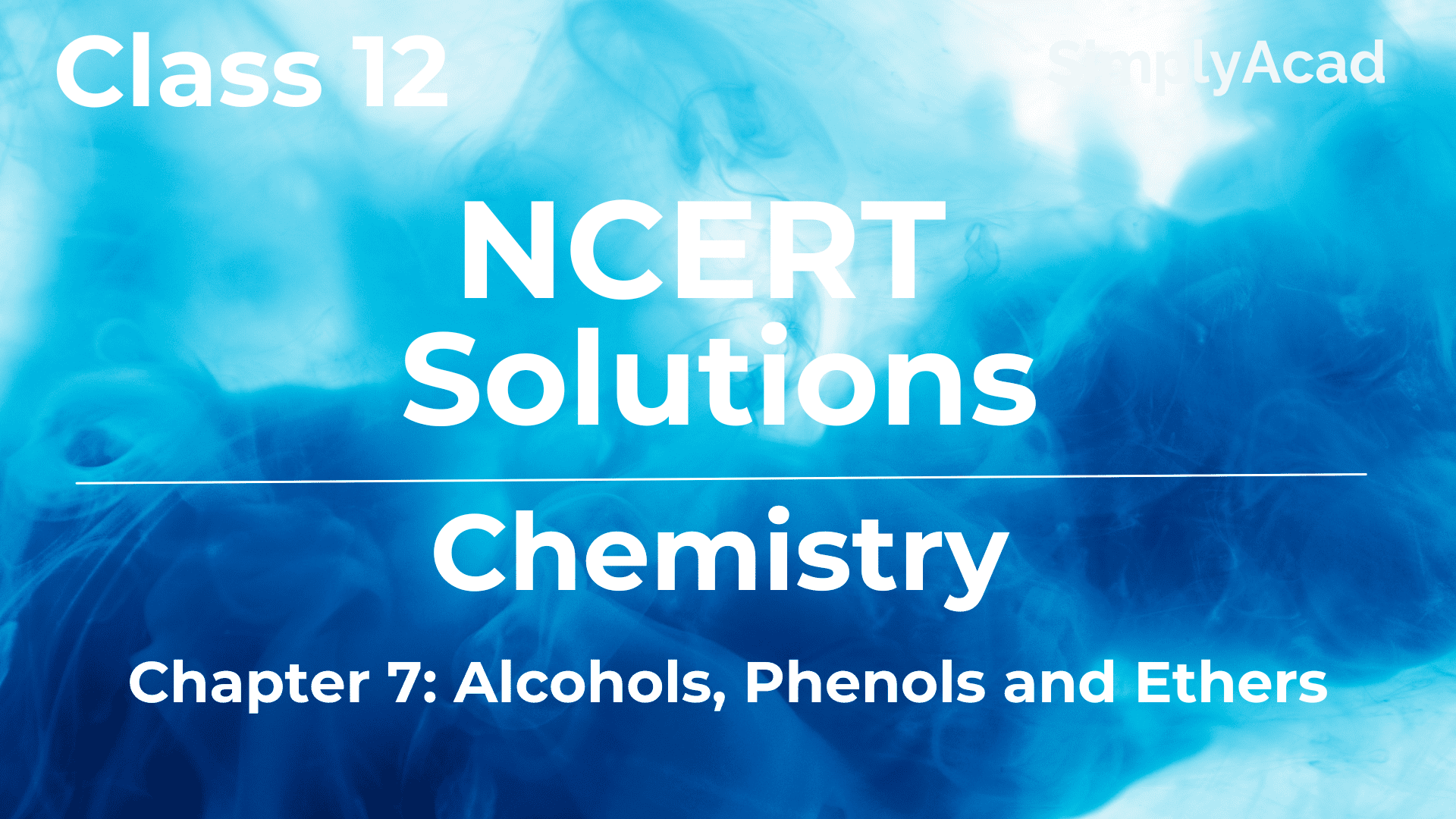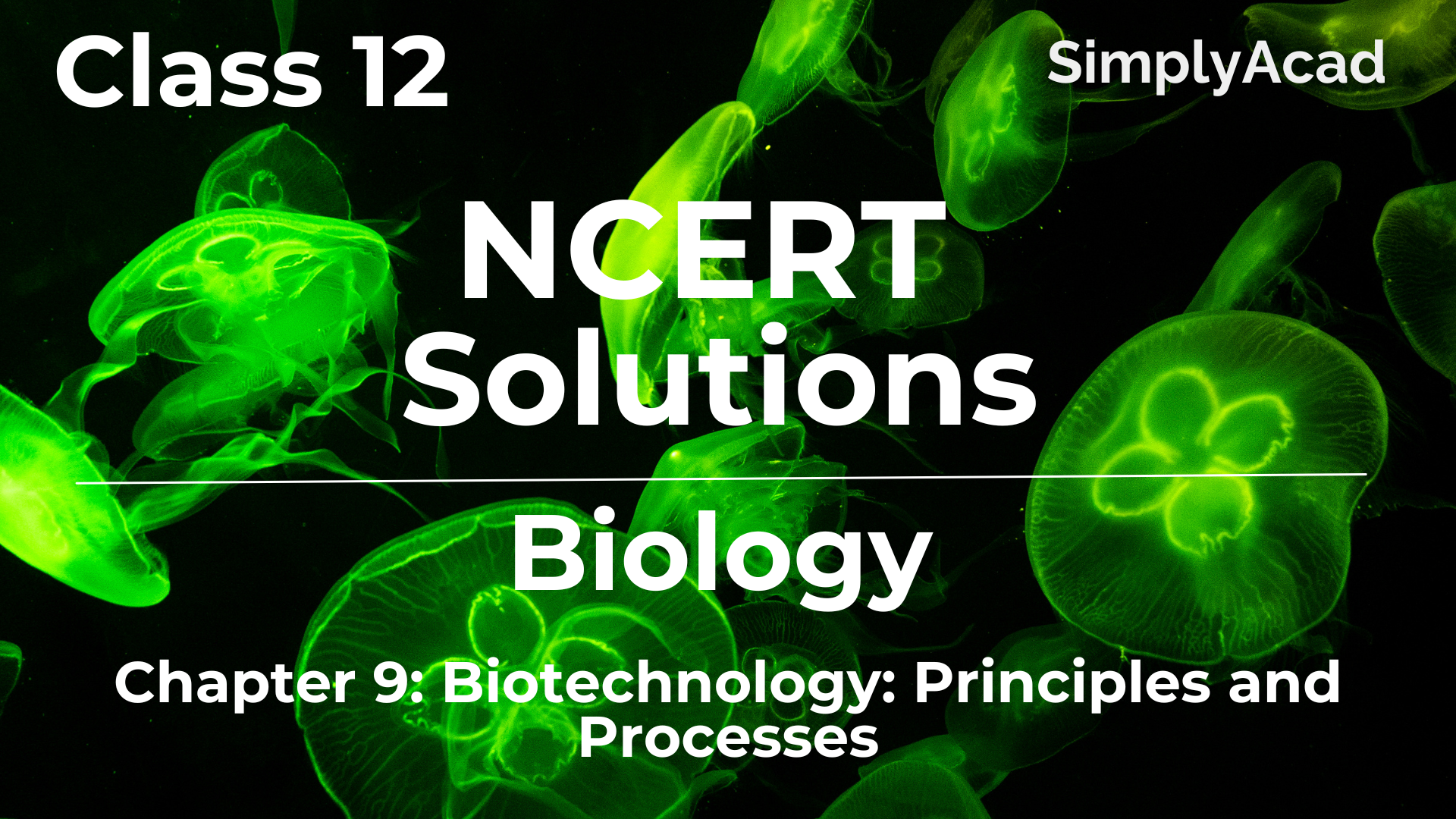Maths CBSE Class 10 Syllabus
Maths Class 10 CBSE syllabus 2024-25
Maths syllabus class 10 CBSE 2024-25 is clearly outlined here. It includes all the chapters with important principles, formulas, theorems, and methods for various topics. Students should keep practicing and revising regularly to solve complex math problems. Before starting with the questions, it’s important to read the syllabus carefully to understand its main focus.
SimplyAcad has provided a list of the chapters from the NCERT book to help students learn all the necessary details required for board examinations

| NCERT Class 10 Maths Chapters | |
| Chapter 1 | Real Numbers |
| Chapter 2 | Polynomials |
| Chapter 3 | Pair of Linear Equations in Two Variables |
| Chapter 4 | Quadratic Equations |
| Chapter 5 | Arithmetic Progression |
| Chapter 6 | Triangles |
| Chapter 7 | Coordinate Geometry |
| Chapter 8 | Introduction to Trigonometry |
| Chapter 9 | Some Applications of Trigonometry |
| Chapter 10 | Circles |
| Chapter 11 | Area Related to Circles |
| Chapter 12 | Surface Areas and Volumes |
| Chapter 13 | Statistics |
| Chapter 14 | Probability |
Course Structure
| CBSE Class 10 Maths Syllabus 2024-25 Course Structure | ||
| Units | Unit Name | Marks |
| I | NUMBER SYSTEMS | 06 |
| II | ALGEBRA | 20 |
| III | COORDINATE GEOMETRY | 06 |
| IV | GEOMETRY | 15 |
| V | TRIGONOMETRY | 12 |
| VI | MENSURATION | 10 |
| VII | STATISTICS & PROBABILITY | 11 |
| Total | 80 | |
Maths cbse class 10 syllabus: Deleted Chapters
| CBSE Class 10 Maths Syllabus 2024-25 Deleted Chapters | |
| Chapter | Deleted Topics |
| Real Numbers | Euclid’s Division Lemma, decimal representation of rational numbers in terms of terminating/non-terminating recurring decimals |
| Polynomials | Statement and simple problems on division algorithm for polynomials with real coefficients |
| Pair of Linear Equations in Two Variables | Simple problems on equations reducible to linear equations |
| Coordinate Geometry | Area of a Triangle |
| Triangles | Proof of the Theorems:
1. If a perpendicular is drawn from the vertex of the right angle of a right triangle to the hypotenuse, the triangles on each side of the perpendicular are similar to the whole triangle and each other. 2. The ratio of the areas of two similar triangles is equal to the ratio of the squares of their corresponding sides. 3. In a right triangle, the square on the hypotenuse is equal to the sum of the squares on the other two sides. 4. In a triangle, if the square on one side is equal to the sum of the squares on the other two sides, the angle opposite to the first side is a right angle. |
| Constructions | Whole Chapter Deleted |
| Trigonometric Identities | Trigonometric ratios of complementary angles |
| Surface Areas and Volumes | Frustum of a cone, problems involving converting one type of metallic solid into another and other mixed problems (problems with a combination of not more than two different solids) |
| Statistics | Step deviation method for finding the mean, cumulative frequency graph |
Internal assessment
| Internal assessment – Marks Distribution | |
| Components | Marks |
| Pen Paper Test and Multiple Assessment (5+5) | 10 |
| Portfolio | 5 |
| Lab Practical (Lab activities to be done from the prescribed books) | 5 |
| Total | 20 |
Frequently asked questions on Maths cbse class 10 syllabus
Q.1 Has Cbse released the class 10 syllabus for Maths 2024?
Ans. Yes, the syllabus for class 10 maths has been released by the Central Board of Secondary Education (CBSE) for 2024-25.
Q.2 Is NCERT textbooks sufficient for the upcoming Maths 10th board examination?
Ans. The NCERT textbooks are prescribed by the Central Board Secondary Examination(CBSE) and are enough for gaining in-depth knowledge of the concepts. However, students can use different books after completing the syllabus from the ncert.
Q.3 What are the types of polynomials?
Ans. 1. Monomial 2. Binomial 3.Trinomial
latest video
news via inbox
Nulla turp dis cursus. Integer liberos euismod pretium faucibua




